Tourism accounts for a full eight percent of Austria’s annual GDP, according to the national tourist office. That makes the sector one of the fastest growing and largest parts of the Alpine country’s economy.
The industry – hard-hit by Covid-19 – has seen a strong rebound. In 2022, Austria recorded almost 137 million hotel stays – up almost 40 million over 2021.
But not everyone is welcoming the new and returning visitors.
The tiny village of Hallstatt, a hamlet just 750 people strong not far from Salzburg and bearing a striking resemblance to the fictional kingdom of Arendelle from Disney’s Frozen – recently erected a fence at its famous vista to deter selfie-seekers.
After a social media backlash, the village – which is also a UNESCO heritage site – removed the fence, but signs remind visitors to enjoy the site quietly.
„Selfie-Jäger machen uns das Leben zur Hölle“: Ein Holzzaun soll nun einen Foto-Hotspot in Hallstatt „entschärfen“ – es hagelt Kritik. [Krone+] https://t.co/YNFK77WKLt pic.twitter.com/Txw1sUF2aG
— Kronen Zeitung (@krone_at) May 15, 2023
READ ALSO: Austria’s Hallstatt erects barriers to curb selfie-hunters
And now some residents are protesting in favour of tourism curbs in the village – which gets as many as 10,000 visitors a day in high season. Residents want to limit these numbers, and to ban tour buses in the town after 5:00 pm.
While Hallstatt’s one million annual visitors have certainly stimulated the town’s economy, residents say they regularly reach the city’s limit of 450 cars and 54 buses – and that there’s simply too many tourists.
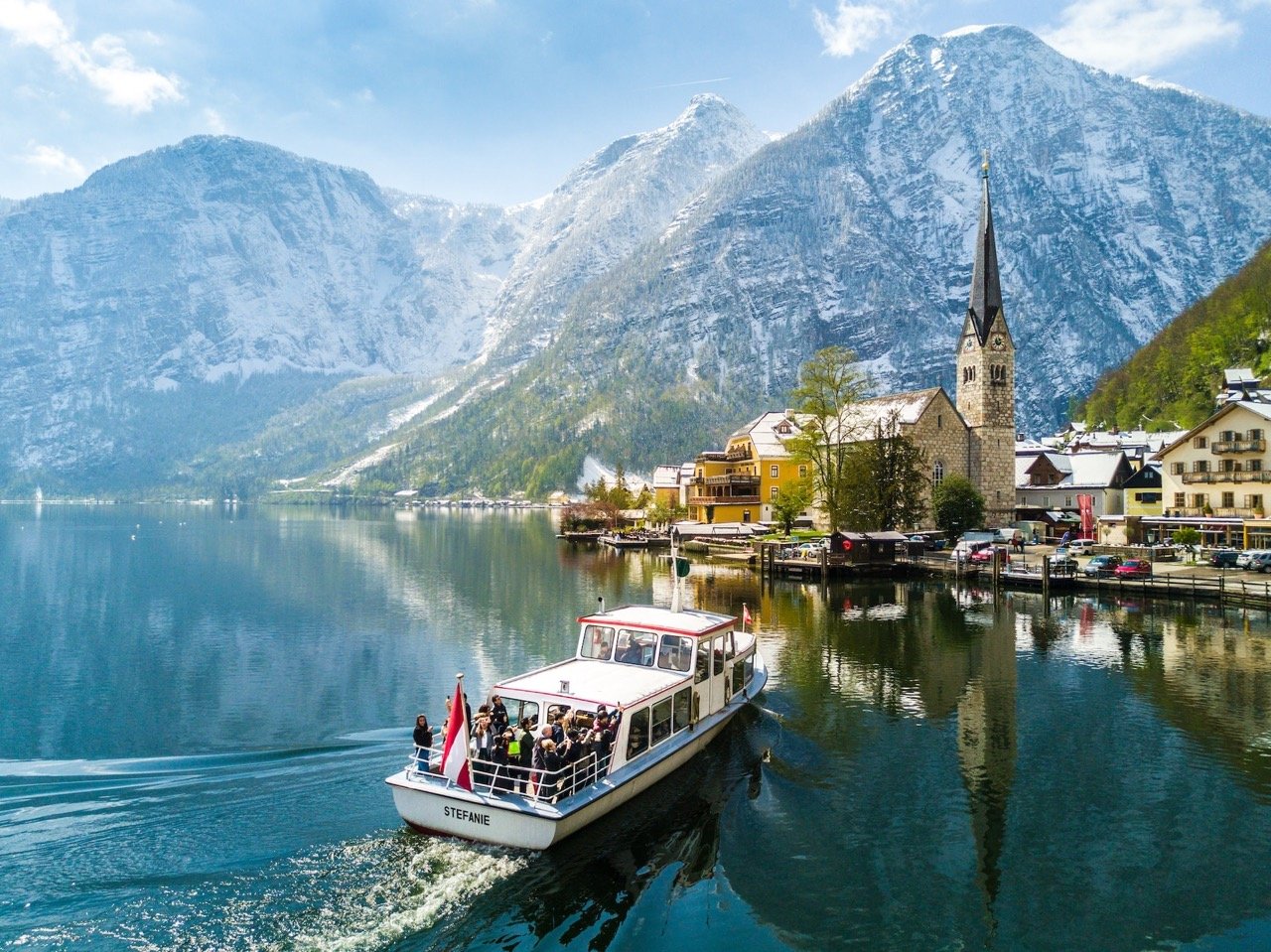
‘We only want those who stay overnight.’
Close by in Salzburg, the city’s tourism head says their strategy will shift from ‘tourism marketing’ to ‘tourism management,’ arguing that the city is in danger of being overrun by ‘mass tourists’ and daytrippers – who do little for the city’s economy but clog its infrastructure and roads, especially as two-thirds of daytrippers arrive in the city in their own cars.
‘We only want those who stay overnight,’ Salzburg tourism boss Christine Schönhuber said bluntly.
City leaders – currently a ÖVP-SPÖ coalition – haven’t said they plan to do anything definitive to deter certain tourists, but that any measures they take will limit the effects daytrippers have on the city – and even discourage them from coming altogether – unless they plan to stay the night.
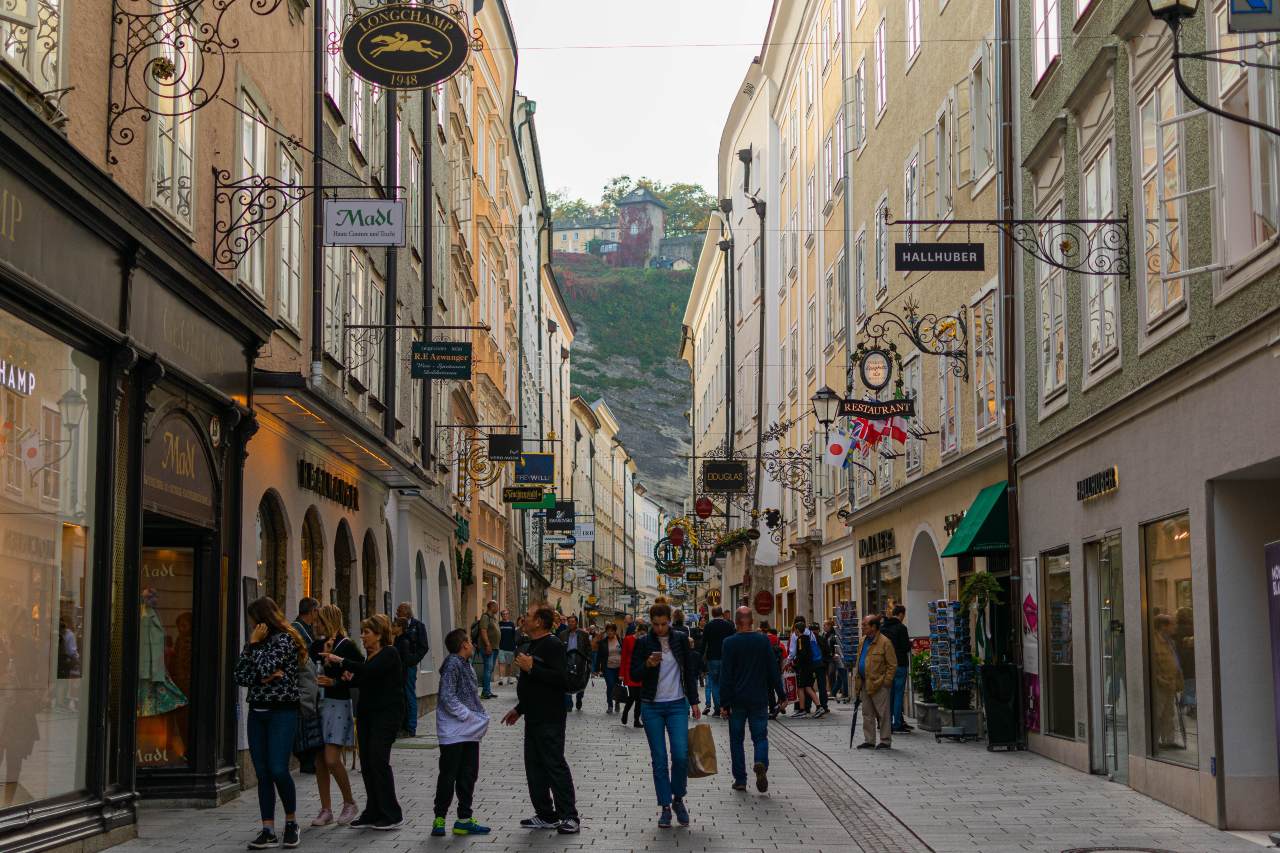
To this end, the coalition is considering closing the bus terminal at the city’s Mirabellplatz to daytripping companies – allowing only those transporting overnight guests.
It’s also considering restrictions in souvenir shops – in an effort to discourage ‘low quality’ tourism in favour of ‘high quality tourism.’ Such restrictions already exist in other European cities, like Amsterdam and Dubrovnik.
Even on overnight stays, Salzburg is setting records. July 2023 saw the city’s busiest July ever – with a record 3.68 million hotel stays in the state as a whole.
READ ALSO: Salzburg looks to limit daytrippers in new tourism concept
Airbnb and second home rules
Is Austria a victim of its own tourism success and reputation for beauty?
As a country that’s long been popular with both tourists and second home owners, Austria is no stranger to debates around reconciling its popularity among international visitors with people who call the country home.
Vienna recently announced further tightening of its rules around Airbnb, saying that it’s looking to preserve the housing market for locals.
READ ALSO: Vienna tightens rules for Airbnb rentals
Meanwhile, restrictions have long been in place in Salzburg, Tyrol, and Vorarlberg – some of the country’s most popular tourist destinations – on foreigners owning homes, second or otherwise.
READ ALSO: Property buying rules for foreigners in Tyrol and Vorarlberg
Although it may seem unfriendly to some, and counterintuitive given the amount of money tourism brings into Austria – the country already has a long tradition of weighing the effects that its visitors have on its locals – one that seems unlikely to change soon.
What are your thoughts on overtourism in Austria? Share your views and experiences in the comments section below.

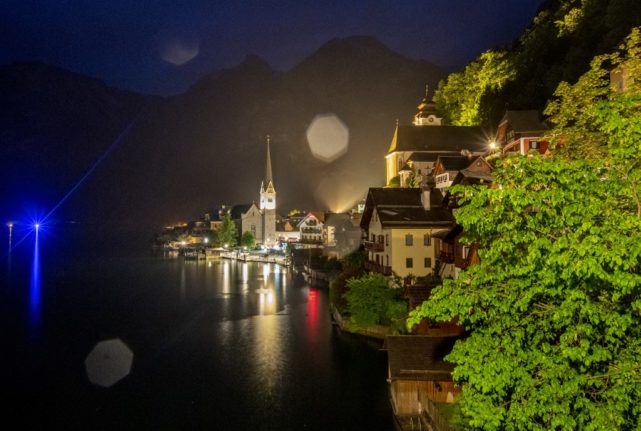
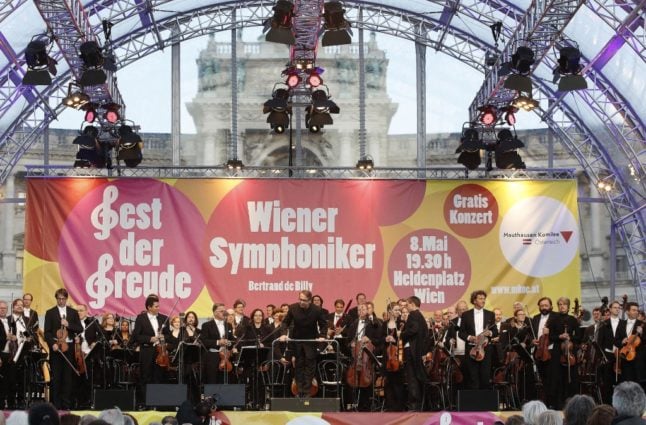
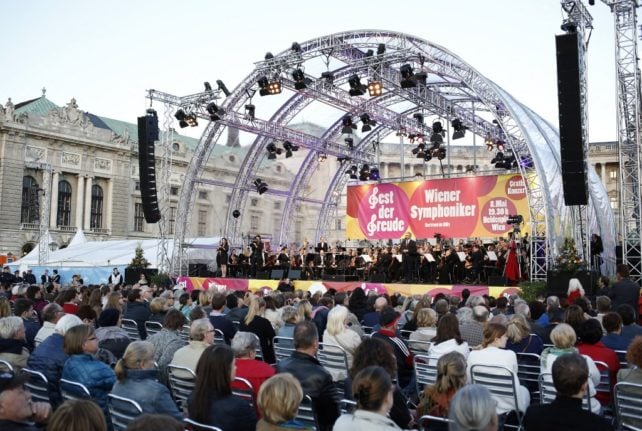
 Please whitelist us to continue reading.
Please whitelist us to continue reading.
I’ve been to Hallstatt many times. We’ve never stayed the night there. Too hard to find a place. We usually stay in Obertraun. Cheaper and better access to Dachstein. I’m not sure these hamlets would have any economy without tourists.